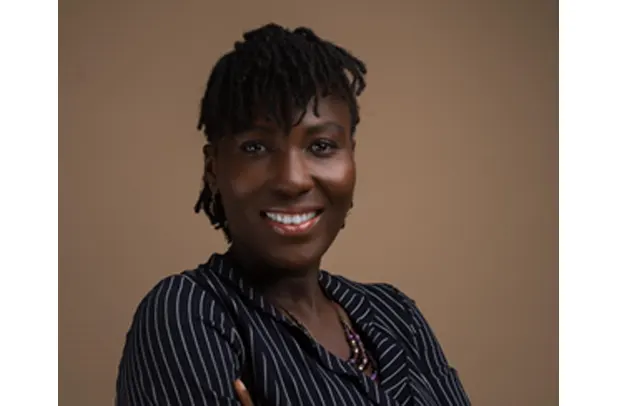As I drove home from work one evening in September 2024, scanning the radio for good music to keep me company, a statement by Dr. Albert Antwi-Boasiako, the Director-General of the Cyber Security Authority Ghana, unexpectedly caught my attention: “We must engage actively in improving our digital literacy and promoting healthy online habits as we navigate through the myriads of information to make electoral decisions. Each citizen, regardless of their political orientation, should be educated to recognise false and malicious information and understand the dangers associated with it.”
It resonated deeply because just hours earlier, my colleagues and I had been locked in a heated discussion about a trending video allegedly showing the influential radio presenter, Bernard Avle, promoting drugs. One colleague firmly believed the video was real, while another argued it was a fabrication created by artificial intelligence. This incident highlighted the growing prevalence of disinformation and misinformation, which, if left unchecked, could pose serious threats to our national progress.
Misinformation and disinformation Prevalence
Misinformation and disinformation are often confused, but they differ significantly. Disinformation is when someone deliberately spreads false information to mislead, while misinformation is when false information is shared without the intent to mislead. Both forms of false information seriously threaten the integrity of democratic elections by influencing voter perceptions and undermining trust in candidates, issues, and results.
In the aftermath of the December 7, 2024, presidential and parliamentary election in Ghana, concerns about misinformation and disinformation remain significant, particularly on social media, where users often act as unregulated ‘journalists.’ There are 7.4 million social media users in Ghana, accounting for 21.5% of the population, and 41% of these, rely on social media platforms for mainstream news. Social media’s low cost and rapid peer-to-peer sharing makes it a fertile ground for spreading fake news.
Compounding this issue is the rise of AI-driven technologies like ‘deepfakes,’ which can create hyper-realistic but false depictions of politicians. These ‘deepfakes’ are videos or images that have been manipulated using artificial intelligence to make it look like someone is saying or doing something they never did. Such manipulations, exemplified by recent incidents involving AI-generated content of Donald Trump and Ghanaian radio presenter Bernard Avle, erode public trust and blur the lines between reality and fabrication, endangering informed electoral decision-making.
Impact of Misinformation and Disinformation on Democratic Processes
Unarguably, misinformation and disinformation, in whatever shape or form and from whatever medium they are shared, have a telltale impact on elections. As far back as 2019, GhanaFact surveyed the country’s fake news ecosystem. 69% of respondents indicated that they had encountered misinformation in the last year, while 90% believed the 2020 elections were likely to be targeted with mis/disinformation, calling for a full-time fact-checker in the country.
Misinformation can erode people’s trust in institutions and manipulate voter behaviour. If left unchecked, it can lead to a loss of faith in democratic institutions and cast doubt on the validity of election results, potentially hampering the smooth transition of power. This can polarise society, undermine the credibility of elected authorities, and affect security and national cohesion.
In Ghana, where social and cultural coexistence is shaped by religion, regionalism, and political party affiliations, driving a wedge between people will only take time.
In the words of Ghana’s speaker of Parliament, Alban Bagbin, “I want to set the minds of Ghanaians at ease. The Parliament of Ghana is alive and working. Let nobody mislead, misinform, or disinform you and the country.”
When citizens are overwhelmed with misleading information, it increases existing divisions and heightens animosity between opposing groups.
Ways to Mitigate the Impact
A strategic approach to curbing this menace is for the National Communication Authority (NCA) to invest more in systems and tools that flag Dis/Misinformation.
Public-private partnerships, including collaborations with the Ghana Journalist Association (GJA), will help institute strong policies and regulations to crack down on media sensationalism and enhance public literacy on the subject. I must say however that so far, I have really been impressed by similar initiatives by organisations like Newmark Group Ltd.
Social media is crucial in combating misinformation, so calls for accountability have intensified. Although critics beg to differ on its sufficiency, some well-known social media platforms have implemented fact-checking mechanisms and are exploring stricter content moderation policies, such as labelling false information and reducing its reach.
Disinformation and misinformation seriously threaten the integrity of democratic elections, but with our collective effort, we can prevent the spread of misleading information and protect our democracy. This change starts with you, my reader. Only say what you know or share what you are sure of. Let’s work together to maintain a thriving country. God bless our homeland, Ghana, and make our nation great and strong.
The writer
BY Ruth Okan-Adjetey


